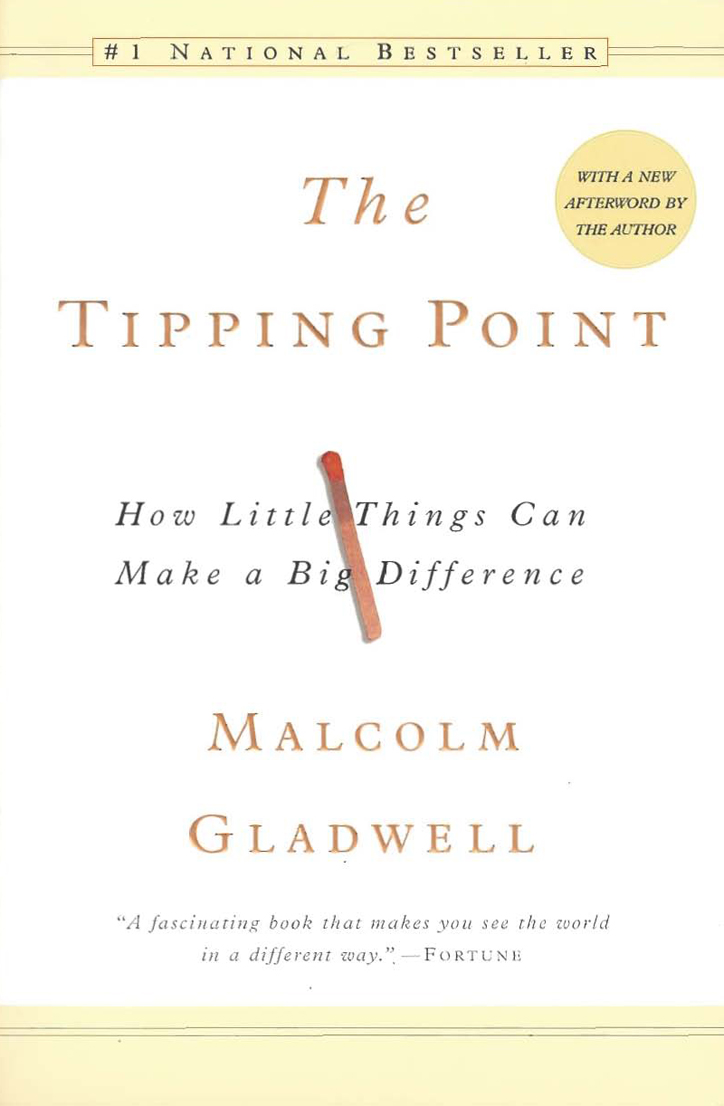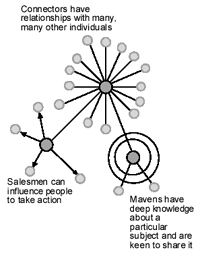 |
Lost in Thailand - The Most Money-Making Film in Chinese Film History |
 |
| "Surprise" for the Audience: The Most Famous Female Celebrity in China Fan Bingbing Starring as herself at the End |
The Box Office Miracle - Lost in Thailand (a.k.a Tai Jiong 泰囧)
A perfect tipping (a marketing concept which I will later elaborate on) case of a small thing exploding like a supernova just happened in China in the past 3 months. The comedy film Lost in Thailand (also referred as Tai Jiong in short form) directed by its main actor Xu Zheng – for his first time – had its box office grossing over 190 million dollars in the 27th day of its release, and surpassed 200 million dollars on January the 12th, 2013, one month from its opening date ("Grossing Over 200 Million Dollars, Tai Jiong Becomes A Chinese Film Milestone"). This film sank Titanic and became the movie of the year in 2012. It broke more than ten records in the Chinese film history, including the highest Chinese film box office gross record of 120 million dollars, approaching the highest box office gross record in China held by Avatar which is 228 million dollars (Yao, "Tai Jiong Refreshes At Least Ten Records in the Chinese Film History”).What appalled and shocked all of the Chinese film industry and the investment industry is that it is produced at a total cost of less than five million dollars (at early stages it was reported as two million, but later they claimed the cost to be “between four and five millions”) (Ma, “Wang Changtian Responds: It’s Just A Normal Film”). Yes, it flipped its investors at least 40 times of their money solely by its box office revenue and according to Google Stock Quote, it levered a 633 million dollars increase in the market value of the Enlight Media Group - its major investor - in thirty days. Is this miracle reproducible? Malcolm Gladwell’s tipping theory does not give all the answer, but it perfectly explains Lost in Thailand’s success.

The Tipping Point - A Special Way to Look at Marketing
 So before we get into our analysis, let's talk about our methodology a little bit. Few days ago, I was reading Malcolm Gladwell's renowned The Tipping Point (http://www.gladwell.com/tippingpoint/) which is one of the readings required by my professor John Verret who is an incredibly intelligent and amazing marketing expert. He was the Vice Chair, President & CEO and Executive Vice President & COO for Arnold Communications - one of the biggest Ad agencies, as well as a partner and co-owner. He was named the Best Executive of the Year as early as in 1990 - six years before he founded his own company. I found this book he recommended enchanting and very practical. For marketing minds and brand strategists who have not read this book, I definitely would forward his recommendation.
So before we get into our analysis, let's talk about our methodology a little bit. Few days ago, I was reading Malcolm Gladwell's renowned The Tipping Point (http://www.gladwell.com/tippingpoint/) which is one of the readings required by my professor John Verret who is an incredibly intelligent and amazing marketing expert. He was the Vice Chair, President & CEO and Executive Vice President & COO for Arnold Communications - one of the biggest Ad agencies, as well as a partner and co-owner. He was named the Best Executive of the Year as early as in 1990 - six years before he founded his own company. I found this book he recommended enchanting and very practical. For marketing minds and brand strategists who have not read this book, I definitely would forward his recommendation.Tipping, as referred by Gladwell (2002), is the action and the mechanism of how a specific small chain of action and reactions triggers a social phenomenon, a word of mouth epidemic. Gladwell theorized the tipping mechanism into three rules: 1. the Law of the Few; 2. the Stickiness Factor; 3. the Power of Context. These are the Three Rules of Epidemic and they apply to any product in any category, which of course includes film.
The Law of the Few suggests three kinds of people are key in order to reach a Tipping Point. "The success of any kind of social epidemic is heavily dependent on the involvement of people with a particular and rare set of social gifts," and Gladwell categorizes people who possess such social gifts into three groups: 1. Connectors; 2. Mavens; 3. Salesmen. Connectors are those people who are the centers of social gravity, who are connected to many people. They can easily get a large proportion of people to know about what's going on. Mavens are the information sources. They are people whom others go to for information and details. They are enthusiastic to share what they know and the only thing a maven does not do is to persuade - which makes one a salesman. A salesman not necessarily persuades people all the time, but what he or she say and how he/she act results to be persuasive and causes actions(purchase).
Only the first rule - the Law of the Few - alone explains well enough how China's newest and biggest box office miracle Lost in Thailand. Here is a simple map for the three major roles in the Law of the Few and how they work and I will start with analyzing the primary connector in my next blog. Stay tuned. ;p
 |
| Picture by Dave Pollard (http://howtosavetheworld.ca/2003/05/16/) |
*** References ***
Gladwell,
Malcolm. The Tipping Point: How Little
Things Can Make a Big Difference. Boston: Back Bay Books, 2002. Print.
"Grossing
Over 200 Million Dollars, Tai Jiong
Becomes A Chinese Film Milestone." Trans. Jie Luo. Shenzhen
Evening News [Shenzhen] 13 Jan. 2013: n. pag. MTime.com.
MTime, 13 Jan. 2013. Web. 11 Feb. 2013.
<http://news.mtime.com/2013/01/12/1504881.html>.
Ma,
Yu. "Wang Changtian Responds: It's Just A Normal Film." Trans.
Jie Luo. Yangtse Evening News 08 Jan. 2013: n. pag. Xinhua.
Xinhua, 08 Jan. 2013. Web. 11 Feb. 2013.
<http://news.xinhuanet.com/ent/2013-01/08/c_124200706.htm>.
Yao,
Xia. "Tai Jiong Refreshes At Least
Ten Records in the Chinese Film History." Trans. Jie Luo. Changchun
Evening News [Changchun] 04 Jan. 2013: n. pag. Chinanews.com.
China News Service, 04 Jan. 2013. Web. 13 Feb. 2013. <http://www.chinanews.com/yl/2013/01-04/4454714.shtml>.
No comments:
Post a Comment